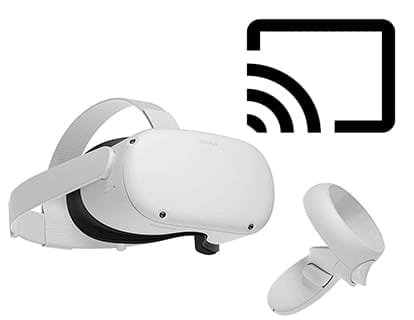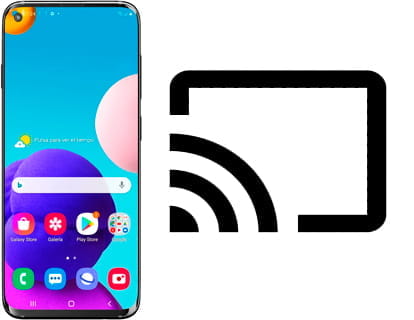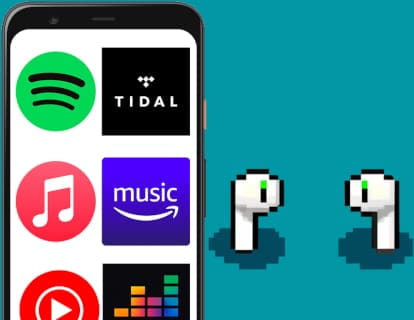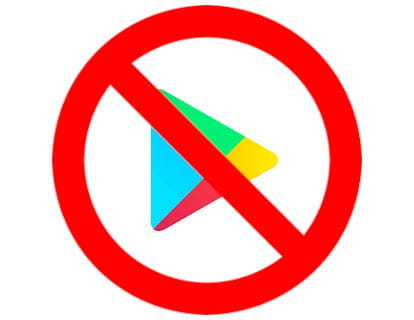What has happened between Huawei and Google?
The conflict between Huawei and the United States has been brewing for several years. It all began when the U.S. issued an arrest warrant for Huawei's CFO. The United States accuses Huawei of selling technology to Iran, a country under U.S. sanctions for allegedly using technology for terrorist purposes.
On December 1, 2018, Canada detained Huawei's CFO Wanzhou Meng, daughter of the company's founder, and announced her extradition to the United States, which occurred on April 2, 2019.
In addition to selling technology to a banned country, the U.S. government accuses Huawei of collaborating with Chinese intelligence services and facilitating espionage through its technology. For this reason, the use of Huawei mobile devices was banned for government employees, and their sale in the country was prohibited. This was not a major problem for Huawei, as the United States was not a significant market for the company; in fact, it was a residual market. Their main markets are China and Europe.
On May 24, 2019, the U.S. government announced it would impose trade sanctions on China, considering it an enemy, and Google decided to take a step and end its commercial collaboration with Huawei.
What does the disagreement between Google and Huawei imply?
The end of commercial relations between Huawei and Google means that from May onwards, new models of devices manufactured by the Chinese company will not have permission to come pre-installed with Google applications, meaning they will not come with Google Play, Chrome, Gmail, Google Photos, Google Maps, etc.
The agreement implies that manufacturers commit to pre-installing Google applications in exchange for receiving new Android operating system updates and information about the future of the operating system on a priority basis.
Does this mean I won't be able to update my Huawei device?
In one word: NO. For two reasons:
1- The agreement must be maintained for all models launched before May 24. This means that all Huawei smartphone and tablet users will continue to receive both security and functionality updates as before. Unfortunately, no manufacturer continues to release updates to their devices after two years of their launch, not even devices sold by Google receive these updates after two years, so Huawei phone owners will not notice the difference.
2- The Android operating system is open source, and there is a project called Android Open Source Project that is responsible for its maintenance and distribution, as indicated on the AOSP website: "As an open-source project, Android aims to avoid any central point of failure where an industry player can restrict or control the innovations of any other player."
Huawei (like many other manufacturers currently do) can use this completely free version of Android to continue including the operating system on its devices without having to ask permission from Google or the government of any country.
There are many Chinese or Indian manufacturers that do not have an agreement with Google, as they do not meet the minimum requirements imposed by the company, so they include this version of the Android operating system. It is true that innovations and security patches arrive later to AOSP, but in any case, they do arrive, and Huawei can use this free source code to install on its new models and continue updating those new models without restrictions.
For years, Huawei has installed another application on its mobile devices that provides direct access to an app portal in Apk, which is Apk Pure. There are other websites from which to download .apk files, such as Android Police and Aptoide. A customization layer of the Android operating system called EMUI and a parallel app store to Google Play from which any user can download the same apps without going through Google's app store, so they have experience and resources to continue launching models with the Android operating system and that these can continue using the same apps as other Android devices.
What is the future of Huawei?
Huawei, like Samsung or Xiaomi, has been developing an alternative operating system to Android for years for when a situation like the one that has finally happened arises.
Samsung has been developing Tizen for years, its own operating system based on Linux (like Android) and compatible with Android apps. Tizen is the continuation of the Bada operating system also developed by Samsung, which was used in its smartphones before the popularization of Android.
Tizen has been incorporated into smartwatches and SmartTVs, but it has not yet dared to incorporate it into smartphones, possibly due to some agreement with Google or due to the risk of becoming independent from a brand as well-known as Android.
For its part, Huawei is developing Hongmeng OS and has announced that it will be available on its devices starting in the fall of 2019 and that it will be compatible with all Android applications.
Following this announcement, Google declared that it would postpone the cancellation of the agreement with Huawei also to October 2019.
Xiaomi, for its part, has MIUI, a customization layer just like Huawei has EMUI. It has not yet announced that it has its own operating system, but it is evident that internally they are working on it in view of a similar situation to Huawei's, as it is also a Chinese company and also because Xiaomi has commented on several occasions that they sell their devices at cost price with the intention of later selling services, so it seems they want to imitate Google's or Apple's business model by selling subscription services such as music, series, movies, or other types of services.
Can I download Android applications without Google Play?
Yes, there are several alternatives to have the same Android applications without going through the Google store and with complete security.
Using Uptodown, you can both install applications and keep them updated with the same reliability and security as doing it from Google Play.
Another application that provides direct access to an app portal in Apk is Apk Pure. There are other websites from which to download .apk files, such as Android Police and Aptoide.
To install these applications, it is necessary to enable the installation of applications from "Unknown sources" or developer mode or "engineer mode." To do this, go to your Android device settings, go to the Security section, and enable the box marked "Unknown sources." Each time you install an apk, the system will ask for confirmation to perform this action.
What does Google gain from this action?
Apparently, it gains nothing, it only applies the sanctions imposed by the U.S. government and can lose a lot, as according to data from the consulting firm IDC, Huawei has a global market share of 19%, ahead of Apple, which has a share of 11.7%, and only behind Samsung with 23.1%.
Google risks that 19% or more of the current smartphone market will not come pre-installed with its applications like Gmail, Maps, Chrome, and the search engine itself, and considering that Google bases its business mainly on advertising and obtains a large amount of profit, as it uses the information obtained from the use of these apps and services to offer more relevant and personalized advertising.
If they ultimately do not reach an agreement and Huawei succeeds in detaching itself from Google, it is possible that other companies like Xiaomi or Samsung will do the same, which would be a great detriment to Google's revenue and a great failure considering the large investment that the development of the Android operating system has meant for Google.
What should I do with my Huawei smartphone or tablet?
You can continue using it normally, you will not notice any difference. It is most likely that Huawei and Google will reach an agreement before your device breaks or you decide to change it, and in the event that they do not reach an agreement, it will only affect future models, not the current ones.
We recommend that you do not try to sell it, as you will lose a lot of money or throw it away, think about the planet, your device is still just as useful unless it has a serious fault, the battery does not work like the first day, or you decide to change it to stay up to date.
Update 09/27/2019
The Spanish Ministry of Defense has ordered the disconnection of all Huawei brand devices, preventing connection or access to their information systems.
This means that ministry workers cannot use Huawei brand phones, tablets, smartwatches, or personal computers to access the Ministry of Defense's network due to espionage accusations against the Chinese brand.
This ban does not prohibit its employees from using devices of this brand, only that they cannot connect to the Ministry's network.
Update 12/02/2024
After several difficult years, Huawei has managed to recover from the sanctions imposed by the United States. In August 2024, the company surpassed Apple in smartphone sales in China for the first time in four years. By the third quarter of 2024, Huawei reached a market share of 16.4% in the country, consolidating itself as the second-largest smartphone manufacturer in China.
On the other hand, the U.S. Pentagon has acknowledged that it cannot fully comply with the law prohibiting contracting companies that use Huawei equipment, due to the widespread presence of the Chinese company's technology in global telecommunications networks.
Despite U.S. efforts to curb its progress, Huawei remains a key player in the global technology and telecommunications market. Recently, it has launched the beta version of its HarmonyOS Next operating system, with which it completely breaks its dependence on Android. This development has managed to capture the interest of developers, a crucial factor for the success of any operating system.
Unlike previous versions of HarmonyOS, which were modifications of Android, this new version has been created from scratch. According to Richard Yu, Huawei's CEO, there are already more than 15,000 applications compatible with the system, a figure expected to grow in the coming months. It is important to note that applications developed for Android are not compatible with HarmonyOS Next, so Huawei needs to persuade developers to create specific versions for its platform. However, this does not seem to be an insurmountable challenge thanks to Huawei's growing dominance in the Chinese market and attractive incentives, such as the possibility of reducing or eliminating commissions in its app store.
Huawei's goal is for this new operating system to extend to its entire ecosystem of devices, replicating Apple's strategy with iOS.




